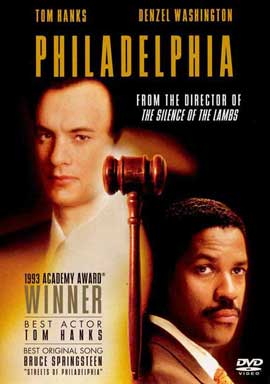2013 is celebrating the International Year
of Water Cooperation. The Department of Sociology has taken this as the central
theme for their annual Sociology festival ‘Sambandh’. A range of events like
news letter making, creative writing, quiz, were held during July-August 2013.
The finale was on 23
rd August
2013 with a panel discussion on Water Cooperation. The event was kicked off
with the screening of the documentary “Damocracy”, which debunked the myth that
dams are a source of “green” energy. It showcased how dams can be a threat to
not just the environment but also how they are a threat to culture, heritage
and community. It showed the real life examples of the Belo Monte Dam and the
Ilisu Dam. This was followed by the recitation of a “Letter from the Year 2070”
which spoke about the perils of water consumption without checks.
The invocation ceremony for the event was
particularly unique. Instead of the regular “lighting of the lamp”, the
dignitaries and student’s representatives poured water into a cauldron to
symbolize the need for cooperative efforts to save water.
The inaugural dance by the cultural team of
the University was a spectacular program!
Father Jose C C, Director, Department
of Sociology delivered the opening remarks to mark the start of the finale of the festival.
Shreya Murali of II EPS led a
pledge taken by the students to save water and to use it judiciously.
The first speaker for the Panel Discussion
was Mr Sharachandra Lele from ATREE who spoke on how water cooperation is
dependent on good water governance. He pointed out how humans interfere with
the water cycle and emphasized on the fact that water governance should take
into view three factors-equality, fairness and sustainability. He also talked about the importance of
understanding the science of water in order to study it using social science.
The second panelist, Mr Deepak Malghan presented
his views about when hydrology becomes social hydrology and how large cities
affect and modify the water cycle. He pointed out that socio-economic and
political factors affect it too.
After Mr Malghan’s speech, Ramya and
Anupama of I MA Applied Sociology spoke about water conservation initiatives by
Christ University. They talked about the role played by Centre for Social
Action (CSA), the Waste Water Treatment Plant in Dharmaram Campus and the
Rainwater Harvesting in Kengeri Campus.
Dr Kshitij Urs of Action Aid gave the
concluding address of the panel discussion. He emphasized that water is a
source of power. He criticized the faulty, unfair and contradictory policies
adopted by the Government and privatization of water, claiming that it is
anti-democratic.
After Dr Urs closed the Panel Discussion, a
short interactive session was led by the moderator Dr.Tony Sam George.
The prizes for the different events conducted
for Sambandh 2013 were given out by Prof. John Joseph Kennedy, the Dean,
Humanities and Social Sciences. The runner up for the Class trophy was II PSEco
and the winner’s trophy was bagged by I EPS.
This was followed by a cultural program
which included a solo dance performance and a group song, both by students of
II PSEco. The Dean of Humanities and Social Sciences, Dr John Joseph Kennedy
gave the closing remarks of the event. He reiterated the need to pursue water
conservation and cooperation efforts.
The finale dance by the students of I EPS
was a visual treat! The event will go a long way in setting the tone for
socially responsible behavior for the Christ community. The Panel Discussion
was highly erudite and made us question and think about issues related to water
around us, infused with a perfect amount of entertainment and fun!
ANSHULA
SHANKAR
I EPS










.JPG)





